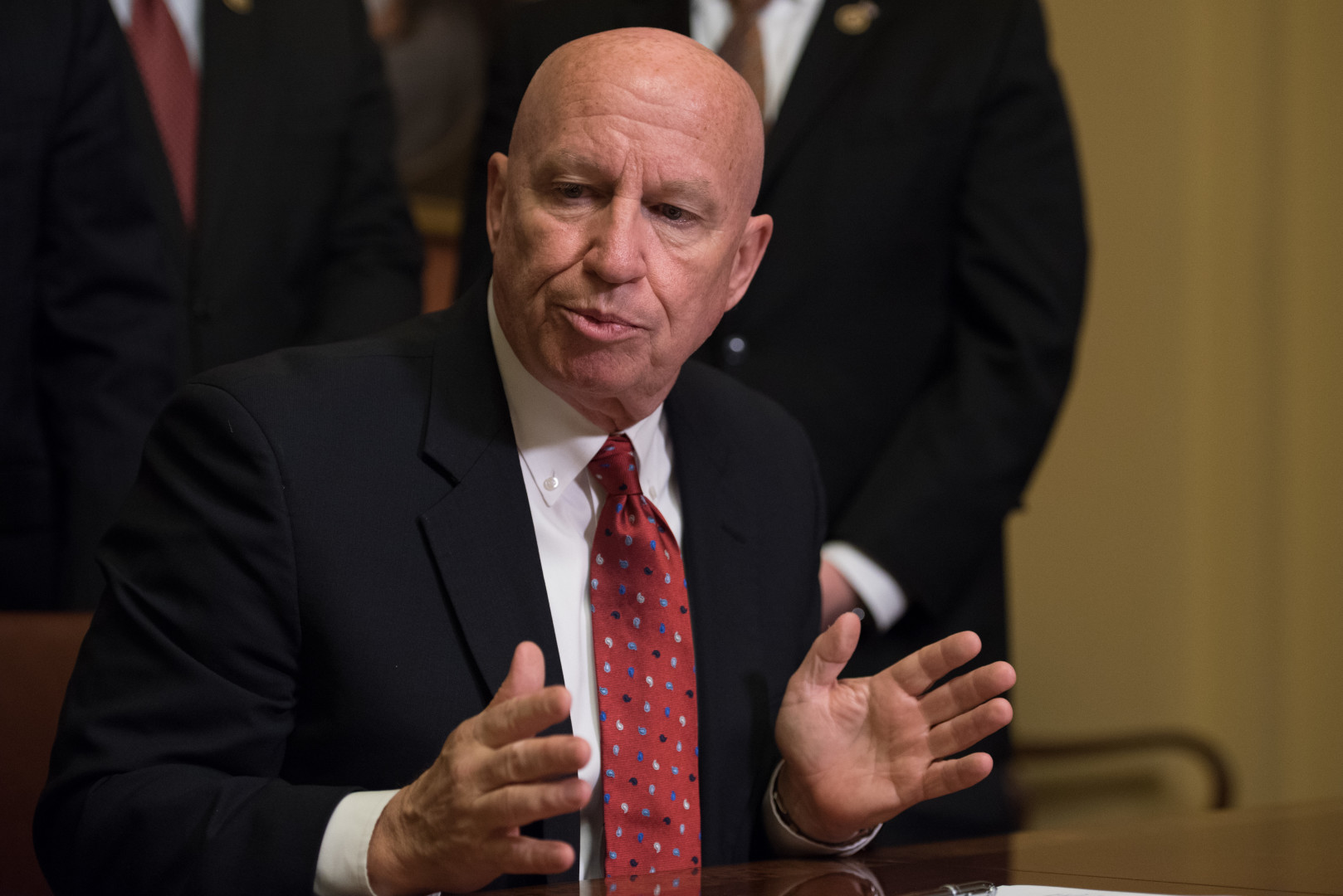May 23, 2017 at 1:44 pm ET
- Share on Facebook
- Share on Twitter
- Share on LinkedIn
- E-mail to a friend



The border adjustment tax came into focus at a House Ways and Means Committee hearing Tuesday that illuminated the challenge it faces as a politically fraught linchpin of the House GOP tax overhaul effort.
The proposal, which would tax imports and exempt exports, faces tough prospects as House Republican leaders try to sell it to the White House and the Senate. Treasury Secretary Steven Mnuchin has said the provision in its current form wouldn’t work, while Senate Majority Leader Mitch McConnell (R-Ky.) last week said in a Bloomberg News interview that it “probably wouldn’t pass the Senate.”
House Ways and Means Committee Chairman Kevin Brady, however, frames it as a necessary equalizer for U.S. products hobbled by high foreign taxes. The provision would allow “true competition for the first time” for American businesses, the Texas Republican said at Tuesday’s hearing, where Juan Luciano, the head of Archer Daniels Midland Co., said the proposal would level the playing field for U.S. agriculture companies.
Rep. Richard Neal (Mass.), the committee’s top Democrat, raised questions about the potential impact on the domestic labor force, consumer goods prices and small businesses. He also raised doubts about whether the provision would comply with World Trade Organization rules.
The House GOP proposal — a key revenue-raiser in their tax plan — even drew skepticism among the panel’s Republican members. Rep. Erik Paulsen (Minn.) said he “cannot endorse” the border adjustment tax as proposed. Rep. Jim Renacci (Ohio) said he’s trying to embrace it, but has major queries about its international trade implications and whether it culls “winners and losers.”
Brady acknowledged in his opening statement that “there are legitimate concerns … about how it will affect American workers, businesses, and consumers.” He said the panel will work to address those issues.
One way to address concerns of the provision’s opponents — chiefly, the retail industry, which warns the proposal would balloon consumer prices — is to implement a transition plan that would phase in the measure gradually, said Bill Simon, former chief executive of Walmart U.S. His testimony at the hearing appeared to serve as a conduit between retail opponents of the plan and its backers.
“Properly implemented, it is in the best interest of our country for this to be considered,” Simon told lawmakers. “My view is not too dramatically different” from what Target Corp. Chairman and Chief Executive Brian Cornell, another witness at the hearing, described. A gradual phase-in plan “will be very, very good for the country,” Simon said.
A phase-in of the provision might sweeten it politically, but would likely present its own challenges, analysts recently told Morning Consult.
Cornell, of Target, expressed skepticism about the idea asserted by several backers of the plan that a stronger dollar would offset the tax’s impact. “Every time we’ve run the models, we’ve come to the same conclusion: Americans will pay more,” he said.
Economist Lawrence Lindsey, president and CEO of The Lindsey Group and a witness at the hearing, advocated the currency-adjustment idea, while Kimberly Clausing, an economics professor at Reed College, disputed that theory in her testimony.
“Do we really want to bet large sectors of the economy on this idea?” Clausing asked.
The hearing also retraced the tense fault lines between rival coalitions of retailers and exporters. The American Made Coalition, a group supporting border adjustment, said in a statement Tuesday that border adjustment “would facilitate the adoption of a competitive territorial tax system and eliminate the incentive for tax-motivated foreign takeovers of American companies.” Americans for Affordable Products, which opposed the provision, called it a “complete non-starter.”